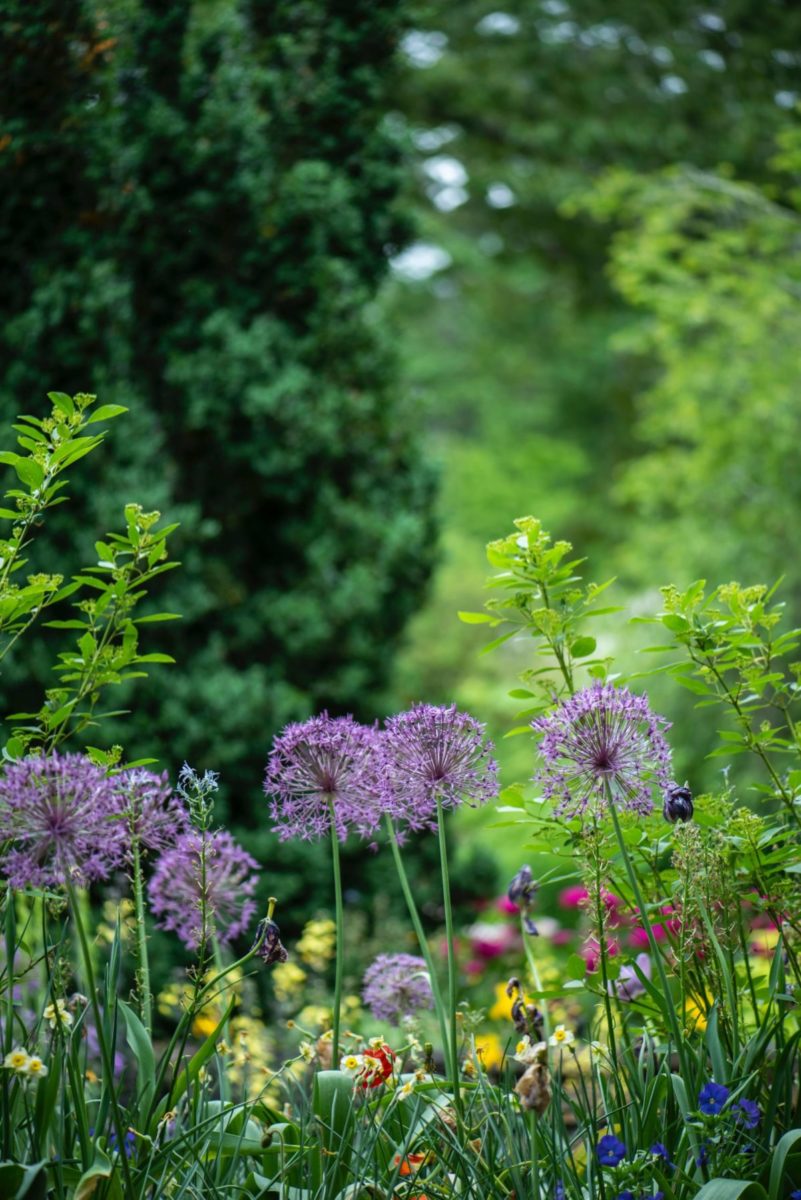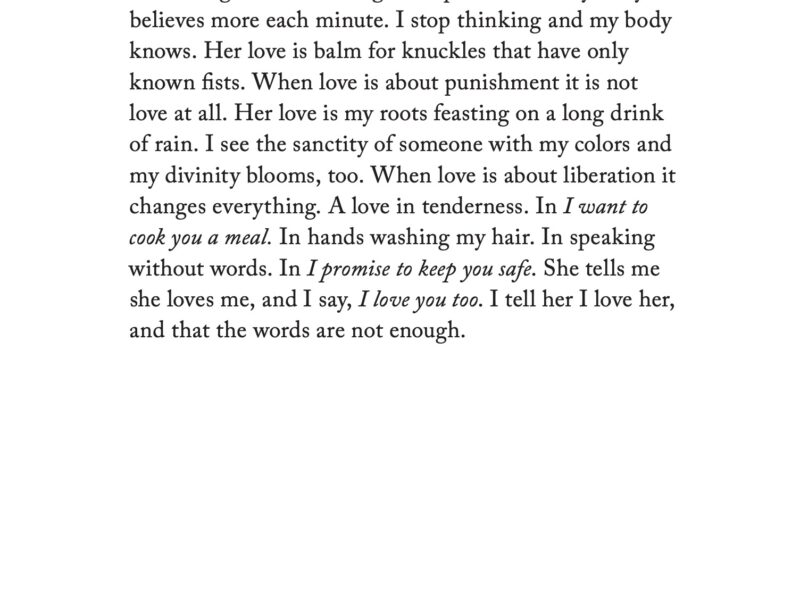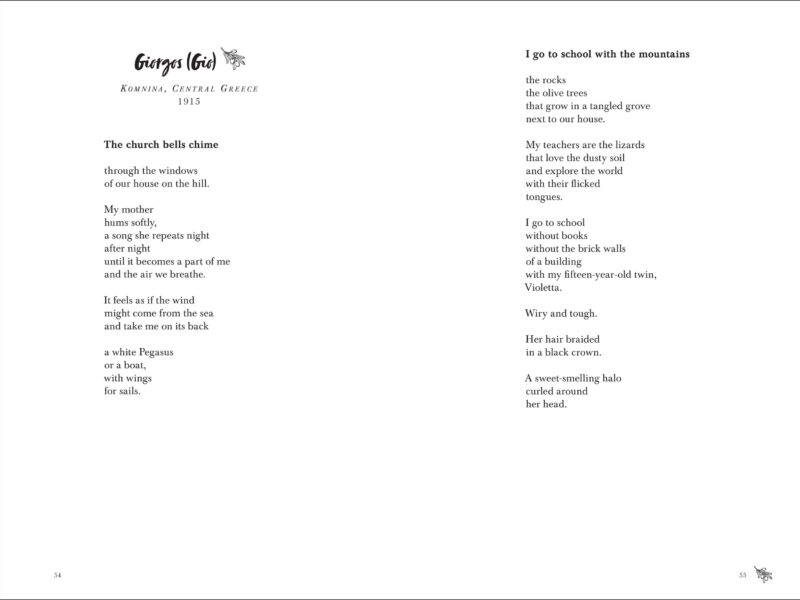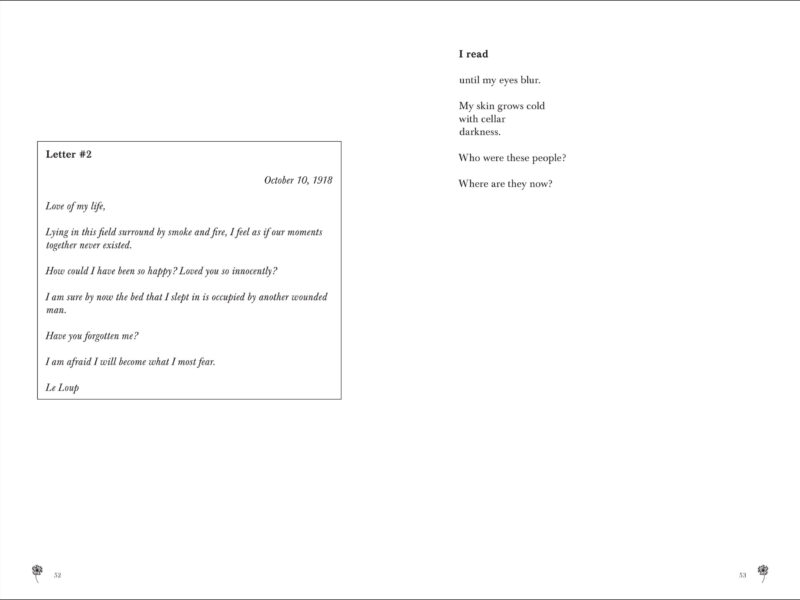This summer I tried my hand at planting vegetables. I’ve wanted a garden for a long time, but living in an apartment put that wish on hold. Instead, I started a garden on my back porch, planting tomatoes, zucchini, cilantro, and basil in pots. The pride and excitement I felt when my little seedlings began to sprout had me thinking about what it must have been like long ago to live off the land entirely, and how precious mother nature is to us as human beings. In our modern, technological society we often forget this. But nature can do things to our souls that nothing else can. It can revive us, remind us that we are grounded to it, that we are one with the earth.
Nature and gardening have been muses for poets for centuries and still are today. Here are eight poems inspired by gardening to remind you of the importance and wonder of nature.
“I trust your Garden was willing to die . . . I do not think that mine was—it perished with beautiful reluctance, like an evening star—”
—Emily Dickinson
The Summer Day
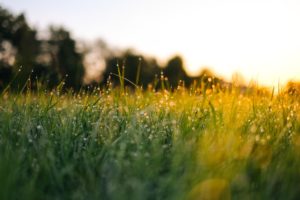
Who made the world?
Who made the swan, and the black bear?
Who made the grasshopper?
This grasshopper, I mean –
the one who has flung herself out of the grass,
the one who is eating sugar out of my hand,
who is moving her jaws back and forth instead of up and down –
who is gazing around with her enormous and complicated eyes.
Now she lifts her pale forearms and thoroughly washes her face.
Now she snaps her wings open, and floats away.
I don’t know exactly what a prayer is.
I do know how to pay attention, how to fall down
into the grass, how to kneel down in the grass,
how to be idle and blessed, how to stroll through the fields,
which is what I have been doing all day.
Tell me, what else should I have done?
Doesn’t everything die at last, and too soon?
Tell me, what is it you plan to do
with your one wild and precious life?
—Mary Oliver
What I Would Like to Grow in My Garden
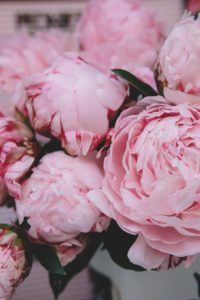
Peonies, heavy and pink as ’80s bridesmaid dresses
and scented just the same. Sweet pea,
because I like clashing smells and the car
I drove in college was named that: a pea-green
Datsun with a tendency to backfire.
Sugar snap peas, which I might as well
call memory bites for how they taste like
being fourteen and still mourning the horse farm
I had been uprooted from at ten.
Also: sage, mint, and thyme—the clocks
of summer—and watermelon and blue lobelia.
Lavender for the bees and because I hate
all fake lavender smells. Tomatoes to cut
and place on toasted bread for BLTs, with or without
the b and the l. I’d like, too, to plant
the sweet alyssum that smells like honey and peace,
and for it to bloom even when it’s hot,
and also lilies, so I have something left
to look at when the rabbits come.
They always come. They are
always hungry. And I think I am done
protecting one sweet thing from another.
seeds and gardens
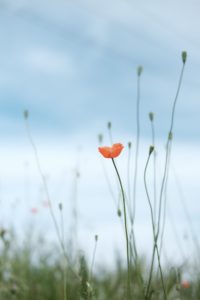
If words are seeds,
let flowers grow
from your mouth,
not weeds.
If heart are gardens,
plant those flowers
in the chest of the ones
who exist around you.
Summer Haibun

To everything, there is a season of parrots. Instead of feathers, we searched the sky for meteors on our last night. Salamanders use the stars to find their way home. Who knew they could see that far, fix the tiny beads of their eyes on distant arrangements of lights so as to return to wet and wild nests? Our heads tilt up and up and we are careful to never look at each other. You were born on a day of peaches splitting from so much rain and the slick smell of fresh tar and asphalt pushed over a cracked parking lot. You were strong enough—even as a baby—to clutch a fistful of thistle and the sun himself was proud to light up your teeth when they first swelled and pushed up from your gums. And this is how I will always remember you when we are covered up again: by the pale mica flecks on your shoulders. Some thrown there from your own smile. Some from my own teeth. There are not enough jam jars to can this summer sky at night. I want to spread those little meteors on a hunk of still-warm bread this winter. Any trace left on the knife will make a kitchen sink like that evening air
the cool night before
star showers: so sticky so
warm so full of light
Wild Pansy
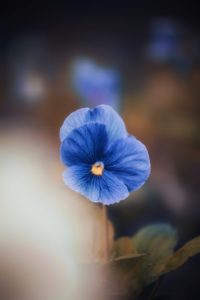
As a seed, I was shot out the back end of a blue jay
when, heedless, she flew over the meadow.
She had swallowed me in my homeland when she spied me
lying easy under the sun—briefly, I called her Mother
before I passed through her gullet like a ghost.
In a blink of God’s eye I was an orphan. I trembled
where I fell, alone in the dirt. That first night
was a long night, early May and chilly, and I remember
rain filled my furrow. I called out for mercy—
only a wolverine wandered by. I cursed my luck,
I cursed the happenstance of this world, I smelled
his hot stink, but he nosed me deep into the mud—
this was the gift of obscurity. I germinated, hidden
from the giants of earth, the jostling stalks,
the various, boisterous bloomers, and this was my salvation.
After seven days and nights I pushed through—
yes. Here I am, kissable: your tiny, purple profusion.
Mulberry Fields
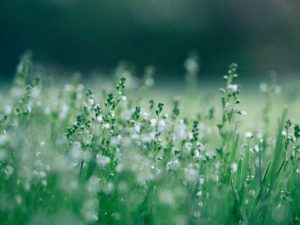
they thought the field was wasting
and so they gathered the marker rocks and stones and
piled them into a barn they say that the rocks were shaped
some of them scratched with triangles and other forms they
must have been trying to invent some new language they say
the rocks went to build that wall there guarding the manor and
some few were used for the state house
crops refused to grow
i say the stones marked an old tongue and it was called eternity
and pointed toward the river i say that after that collection
no pillow in the big house dreamed i say that somewhere under
here moulders one called alice whose great grandson is old now
too and refuses to talk about slavery i say that at the
masters table only one plate is set for supper i say no seed
can flourish on this ground once planted then forsaken wild
berries warm a field of bones
bloom how you must i say
Sonnets from the Portuguese 44: Beloved, thou has brought me many flowers
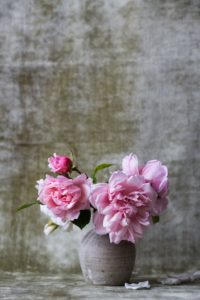
Beloved, thou hast brought me many flowers
Plucked in the garden, all the summer through
And winter, and it seemed as if they grew
In this close room, nor missed the sun and showers,
So, in the like name of that love of ours,
Take back these thoughts which here unfolded too,
And which on warm and cold days I withdrew
From my heart’s ground. Indeed, those beds and bowers
Be overgrown with bitter weeds and rue,
And wait thy weeding; yet here’s eglantine,
Here’s ivy!— take them, as I used to do
Thy flowers, and keep them where they shall not pine.
Instruct thine eyes to keep their colours true,
And tell thy soul, their roots are left in mine.
— Elizabeth Barrett Browning

